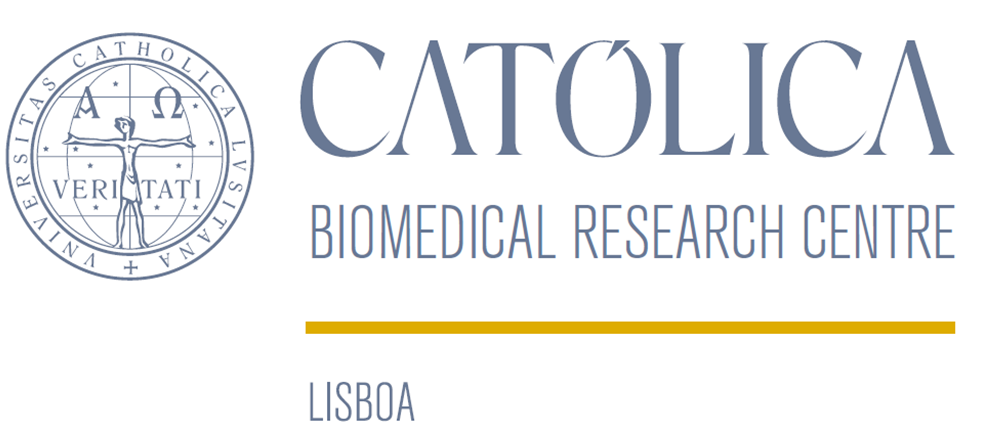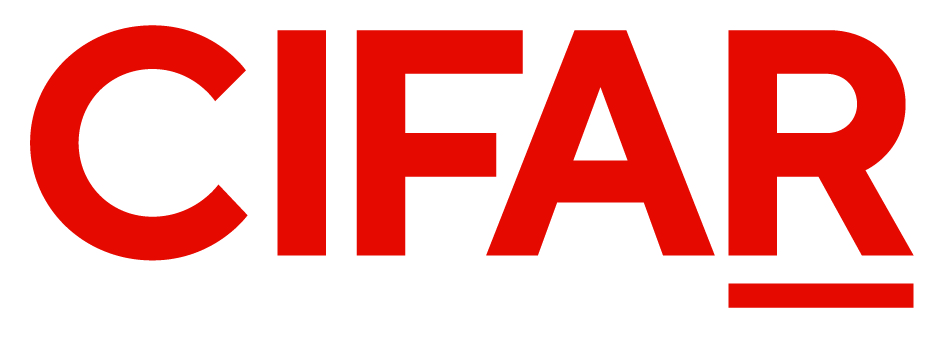SymbNET PhD Summer School on Host-Microbe Symbioses
Instituto Gulbenkian de Ciência
July 3 -15, 2022
About
This Summer School is designed for PhD students interested in host-microbe symbioses to acquire an in depth understanding of the field from diverse perspectives through the interaction with experts in this research area. These include researchers using different model systems, and levels of analysis from molecular biology, to ecology and evolution. The Summer School will have an emphasis on functionally understanding these symbioses, with approaches including genomics and metabolomics. The students will acquire critical knowledge for their future choice of research direction.
Animals and plants interact with large numbers of diverse microbes. These symbionts strongly influence many different aspects of host development, physiology and evolution. This is an actively expanding field of research in biology and medicine and there is a current need to integrate the knowledge that is being generated to extrapolate general principles and determine important future lines of research.
The Summer School is two weeks long, with 20 lecturers, and 35 PhD students. These conditions foster a continuous and strong interaction between faculty and students. The programme includes lectures and the development of a short written research project. The development of the written research project promotes thinking deeply about the questions and future directions in the field.
Audience
Targeted at second or later years PhD students.
Venue
Instituto Gulbenkian de Ciência (FCG-IGC)
Rua da Quinta Grande, 6, 2780-156 Oeiras, Portugal
Registration Fee and Accomodation
Accepted applicants will have to pay a registration fee of 300 Euros that includes lodging and meals. Housing will be at Hotel Riviera, in double rooms. The Hotel is walking distance to Carcavelos Beach, one train station away from the FCG-IGC, and has easy train access to Lisbon city centre and Cascais.
Upon selection, fellowships will be available for students who need financial aid for travel and/or registration. We are committed to admitting talented students from diverse backgrounds and giving priority to applicants from Widening countries in Horizon 2020 or Horizon Europe, and from other countries with low performance in Research and Innovation.
Up to ten PhD students from SymbNET participating institutions (FCG-IGC, ITQB NOVA, EMBL, CAU, and UNIL) will have registration and travel fully sponsored.
Applications (here)
Applications are open until May, 25th - New Deadline!
Decision will be announced on May, 30th.
Applicants should submit a motivation letter (one page), CV (two pages max.), a letter of reference from the PhD supervisor (one page).
We are looking forward to receiving your application!
Scientific organising committee
Martin Blaser (Rutgers University, New Brunswick, US) Resident Microbes and ecology of human diseases
Thomas Bosch (Kiel University, Kiel, Germany) Evolution and the Ecology of development
Margaret McFall-Ngai (Carnegie Institution for Science, Pasadena, US) Invertebrate-microbe symbiotic interactions
Luís Teixeira (Instituto Gulbenkian de Ciência, Oeiras, Portugal) Host-Microbe Interactions
Karina Xavier (Instituto Gulbenkian de Ciência, Oeiras, Portugal) Bacterial Signalling
Organisation
This Summer School is organized by SymbNET, an European network for research on host-microbe symbiosis, at the Instituto Gulbenkian de Ciência (FCG-IGC). The FCG-IGC has a strong background in postgraduate studies and research on host-microbe symbioses and is uniquely prepared to organise this innovative and high-quality Summer School. The course is co-organized by the Católica Biomedical Research Centre, the Origin and Functions of Metaorganisms Collaborative Research Centre 1182 (CRC 1182), and the Canadian Institute for Advanced Research (CIFAR).
Contact





